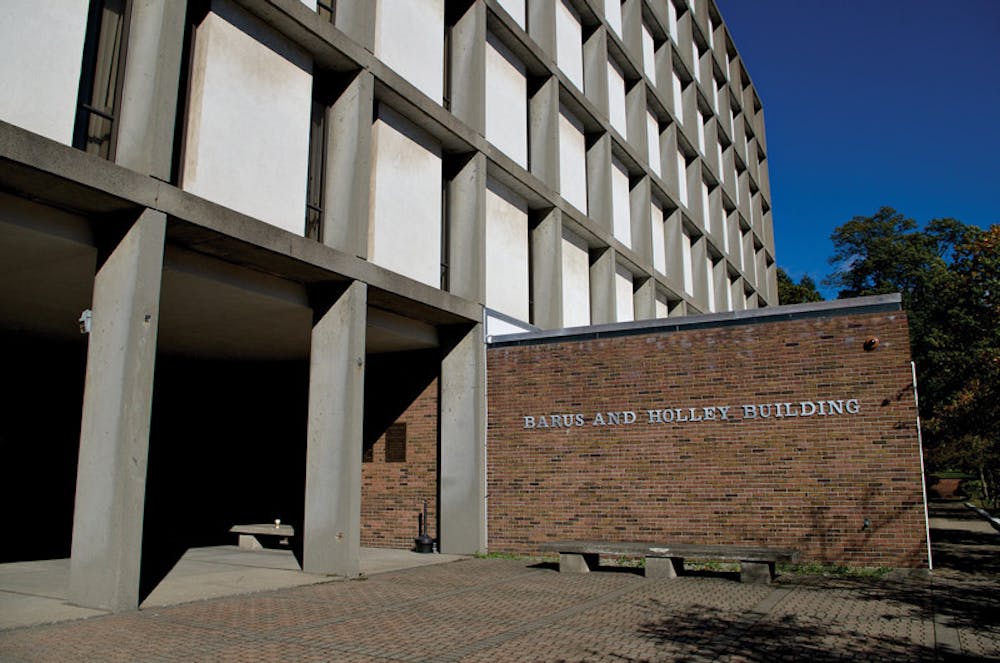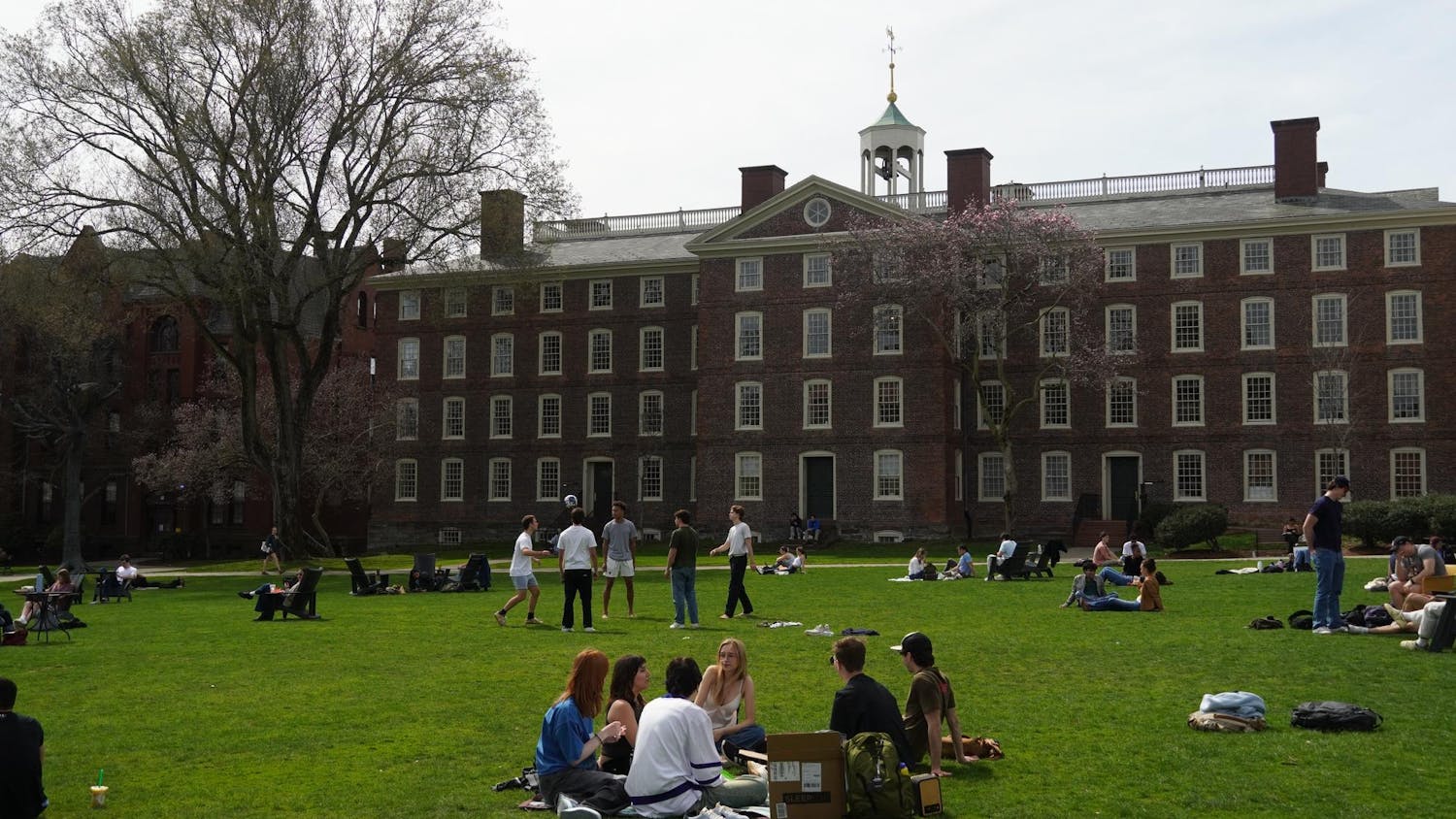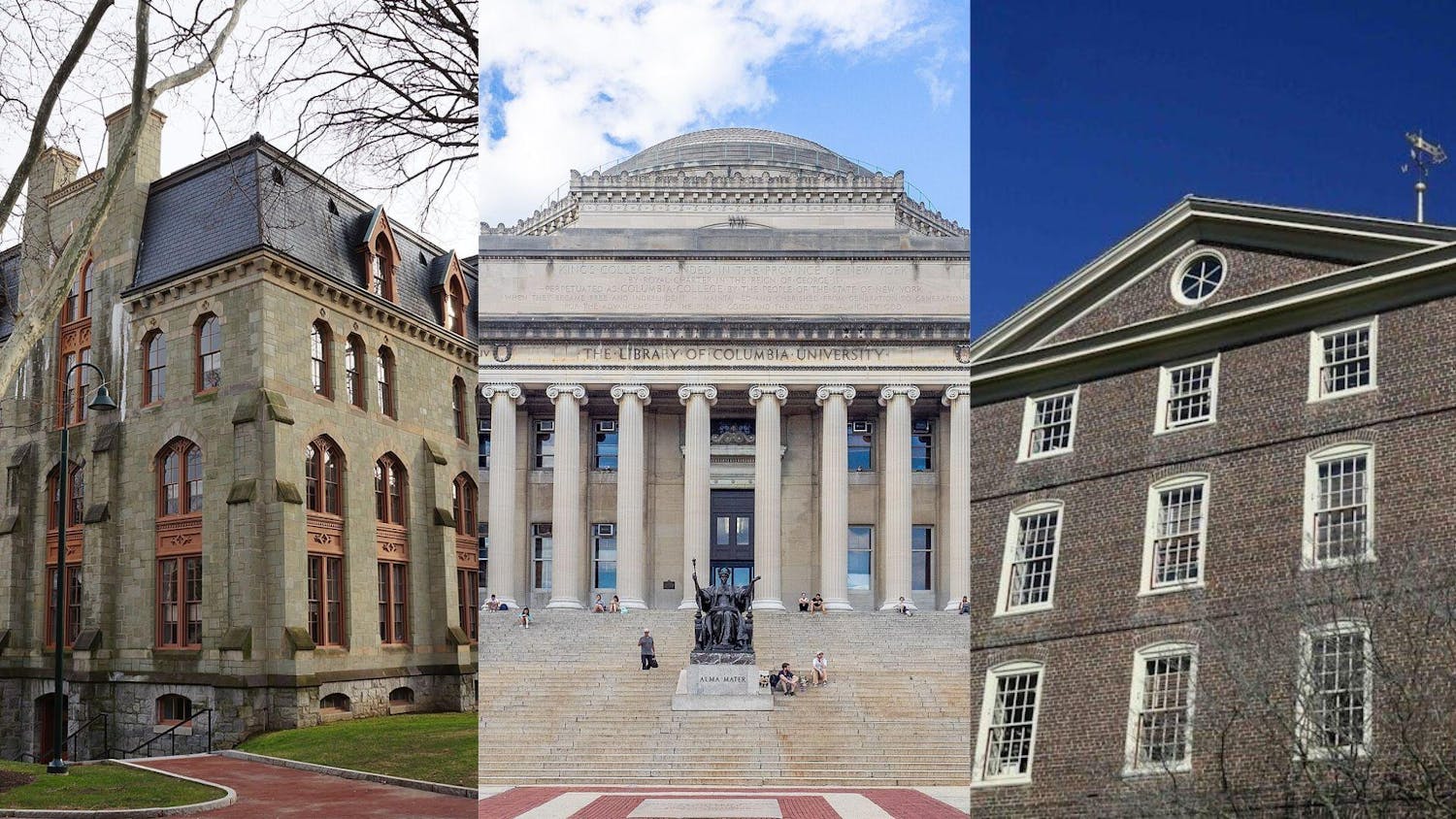An anti-Semitic flyer was discovered on an office printer in Barus and Holley Thursday afternoon. The University employee who found the flyer contacted the Department of Public Safety, which responded to the scene and assigned a detective to investigate, wrote Brian Clark, director of news and editorial development, in an email to The Herald.
DPS made contact with other nearby universities where similar flyers have been found, Clark wrote. The anti-Semitic flyers have been printed at several colleges across the country, including the University of Southern California, DePaul University and Princeton. While only a single sheet was printed at Brown, many flyers were printed at some schools.
The Daily Princetonian reported Friday that Andrew Auernheimer, a forum member of a white supremacist website, the Daily Stormer, claimed responsibility for hacking the networks of Princeton and other universities. Auernheimer wrote in an email to the Daily Princetonian that he had been working with a Princeton student group in efforts to spread these messages and that he was seeking to promote white supremacy.
The University does not usually track where pages are printed from, said Ravi Pendse, director of computing and information services. But based on the IP address of the printer, it was determined that the flyer was printed from outside the University.
This situation is “a balancing act between convenience and security,” Pendse said.
A few University printers have previously allowed individuals to print without verifying their affiliation with the University. But after this incident, “A decision was made to close that avenue off,” Pendse said.
“If you are a Brown-affiliated person, you will still be able to print from off-campus, but you’ll have to go through a few more steps,” Pendse said, adding that “in order for Brown to be completely secure, it is going to take every one of us.”
A University printer has never before been remotely accessed to print hateful messages, Pendse said. “That’s the beautiful thing about our open curriculum and our community: We respect each other, we want to have an open discussion on different ideas. One of the things I love about Brown is the idea of constructive irreverence,” he added. “This kind of hateful speech has no place, in my view, in Brown’s community or anywhere for that matter. It’s absolutely disgusting.”
The message found at Brown was “hateful, abhorrent and a clear affront to the ideals of inclusion, respect and tolerance that we value as essential to the Brown community,” Clark wrote.
CIS has worked with DPS and “took the appropriate measures to prevent similar incidents in the future,” Clark wrote.
Representatives from DPS did not respond to a request for comment.





